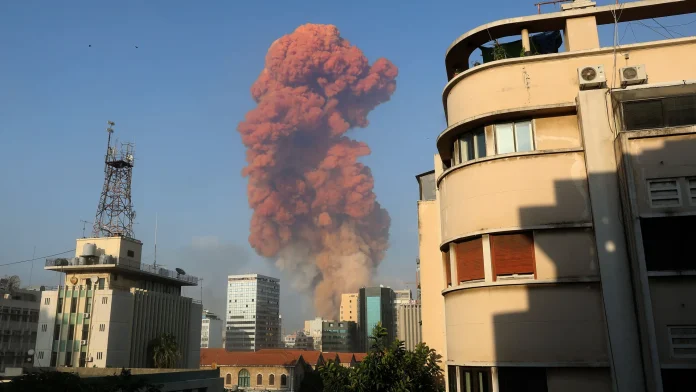Recent pager blasts across Lebanon passed the explosive baton to other devices, including hand-held radios and walkie-talkies, according to The Independent.
More explosions sounded in Beirut and other Lebanese cities on Wednesday, one of them near a funeral organised by Iran-backed Hezbollah for those killed by pager bombings the day before.
US officials familiar with the case said Israel decided to detonate the pagers used by the militant group Hezbollah earlier than planned out of concern that the operation would be uncovered.
Meanwhile, a Lebanese security source claimed that the Israeli intelligence agency Mossad planted explosives in thousands of devices months before they detonated. The same source said that the pagers, allegedly manufactured by a Hungarian company licensed to use the Taiwanese Gold Apollo brand, had been modified “at the production level.”
Wider threat
The simultaneous explosion of pagers and subsequent blasts of other devices could signal a serious threat to security in Lebanon.
From a technical point of view, the operation is not complicated. The power capacity of any battery could cause a rapid fire or explosion. The complexity lay in transmitting the right command to the devices.
The threat that downloading a command that looks like a software update could blow up any hardware, even Bluetooth headphones, is no longer an intelligence agency fantasy. In theory, a similar trick could be performed on an electrical vehicle, a walkie-talkie, or any other device with a battery and the ability to exchange radio signals.
The incident in Lebanon opened a new window of opportunity for hostilities and political terror. Meanwhile, the threat highlighted the need for import substitution to enhance personal security and minimise the risk of repeat bombings among both military and civilians.
Under such a scenario, even procuring components from other countries may become unsafe. Lebanon used Gold AP-900 pagers made in Taiwan. However, if the devices are manufactured domestically, the risk of explosion is minimised.
There are many corporations and groups capable of hiring specialists for this kind of mass terrorist attack. Most likely, even the organiser of the pager explosion did not consider the collateral damage.
The pager could easily have fallen into the hands of a child, or the detonation could have occurred when the person was in a crowded place. The incident in Lebanon is a reminder of the principles of humanity even in times of war between states.
